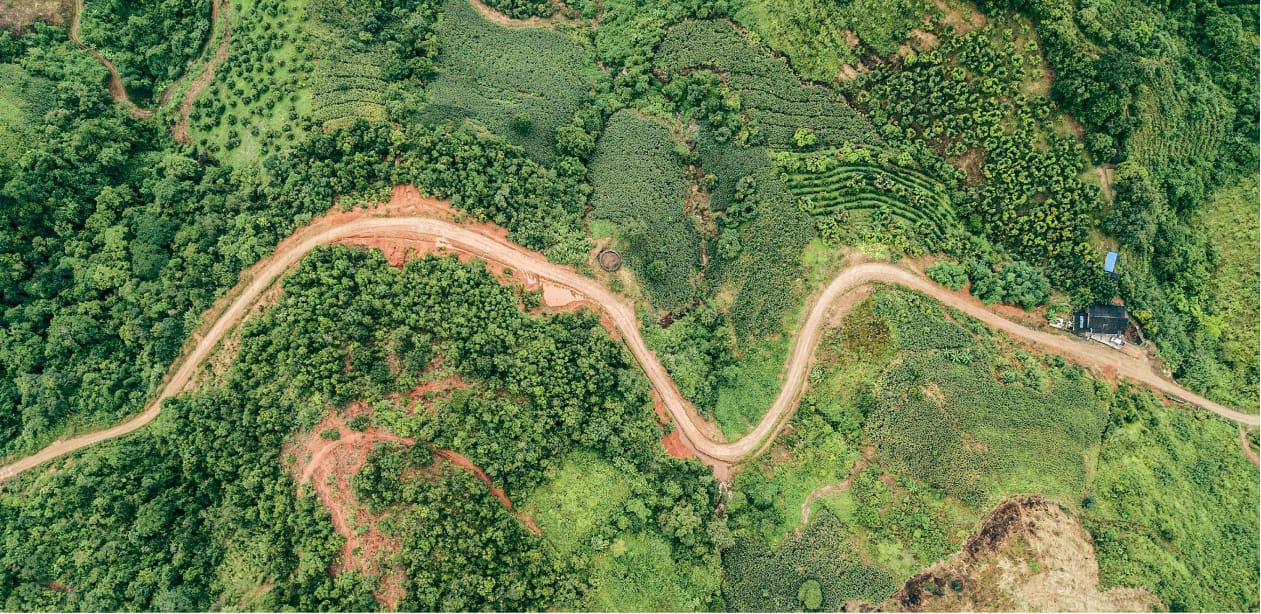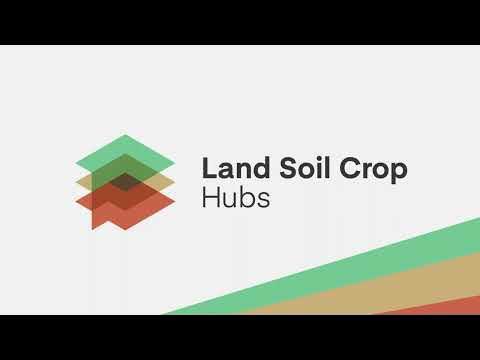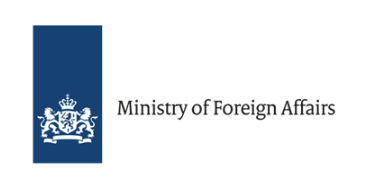In East Africa, climate change leads to a drastic reduction of the quality and resilience of the land, increased greenhouse gas emissions and food and nutrition insecurity for the growing urban and rural population. Climate-Smart Agriculture (CSA) can mitigate the impacts of climate change focusing on three aspects of agricultural production:
isustainable intensification
increasing resilience against climate change
contributing to climate change mitigation through reduced carbon emissions from land use through sequestration of carbon in soils.
Governments in Ethiopia, Kenya and Rwanda included CSA in national policies and, together with the EU, the Netherlands’ Ministry of Foreign Affairs and other donors, made large investments in the land, soil and crop information services (LSC-IS) carried out by their national agricultural research institutes.
Currently, LSC information is often not used effectively in decision-making because it is not available in an organised and accessible form and is not seen as ‘owned’ by national organisations. Therefore, stakeholders at national and local levels, including smallholder farmers, are not well equipped to evaluate their policies, plans and farming practices and improve and transform these in a climate-smart manner. This project starts, therefore, with the safe assumption that soil, land and crop information can help to improve the efficacy of CSA related policies, plans and practices.





